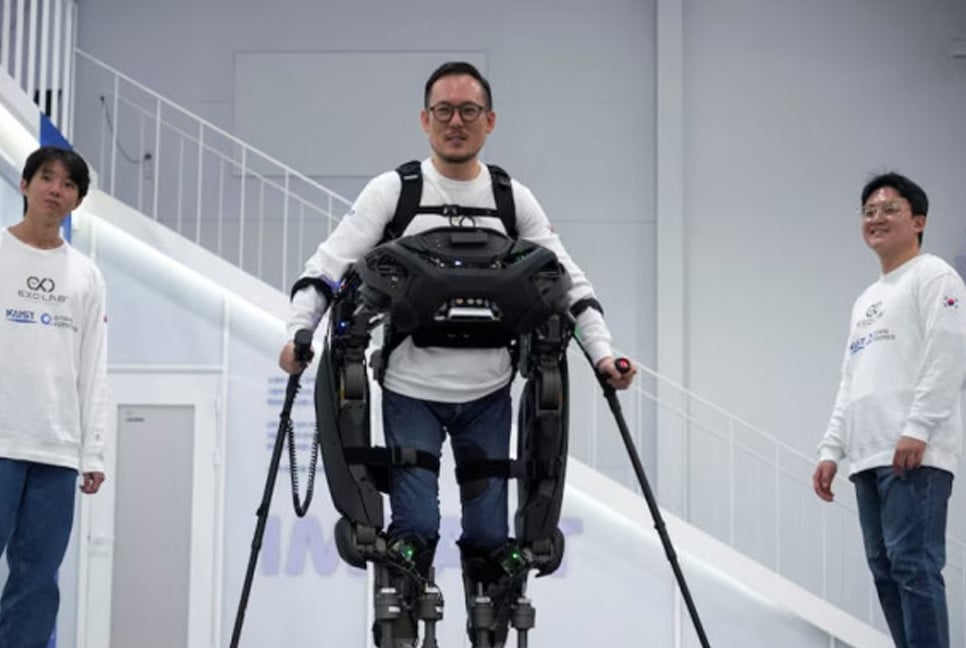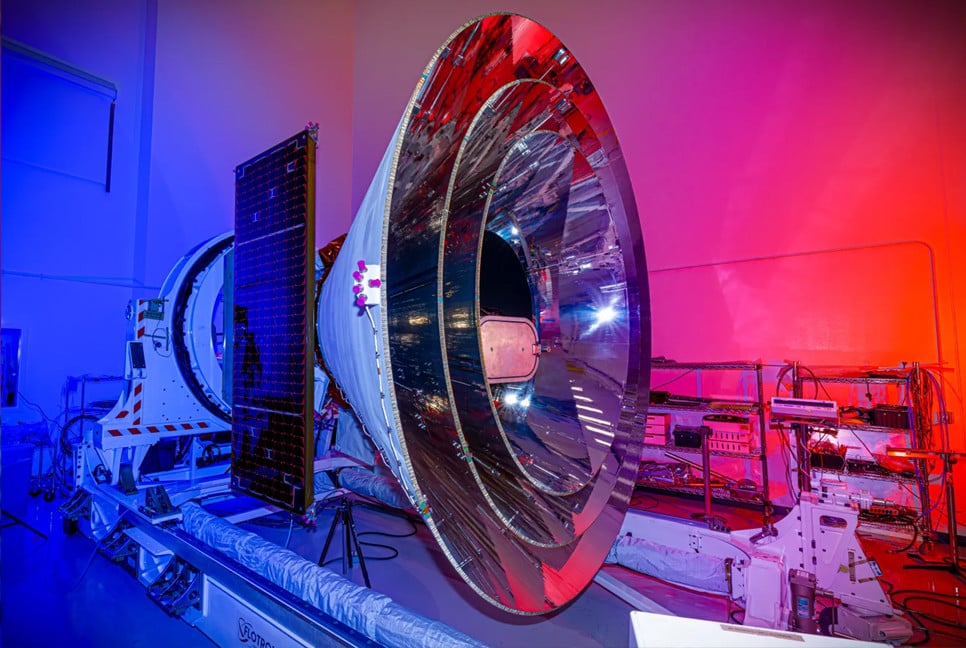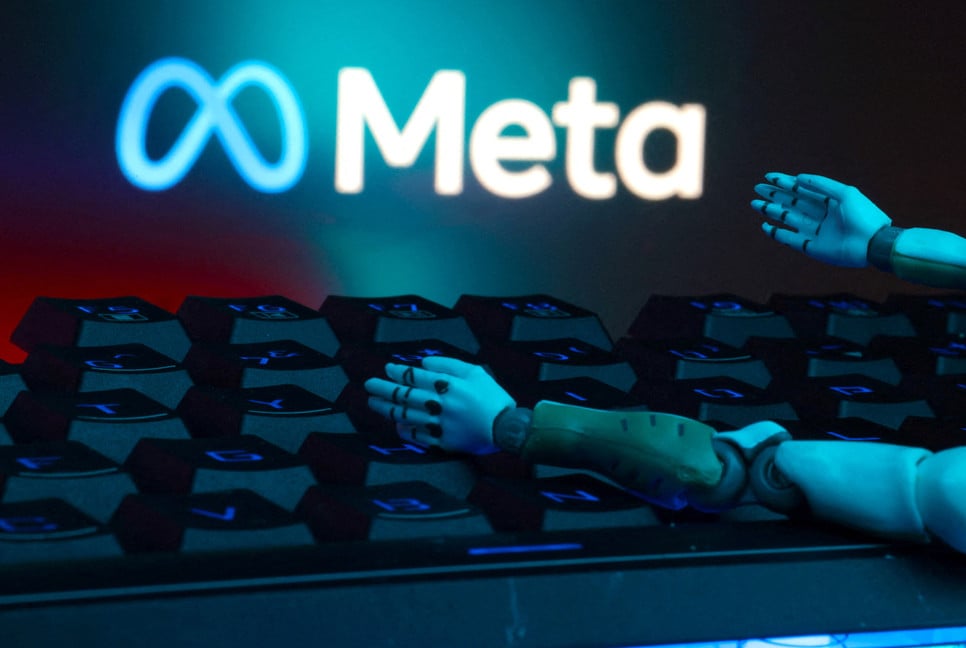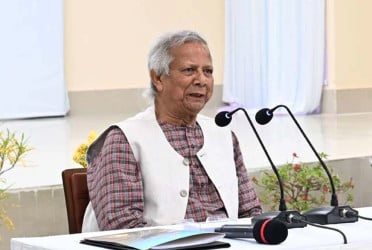South Korean researchers have made a lightweight wearable robot that can approach paraplegic users, attach itself to them, and help them walk, move around obstacles, and climb stairs, according to Reuters.
The team at the Exoskeleton Laboratory of the Korea Advanced Institute of Science and Technology (KAIST) stated that their aim is to develop a robot that smoothly fits into the everyday lives of people with disabilities.
Kim Seung-hwan, who is himself a paraplegic and part of the KAIST team, demonstrated the prototype which helped him walk at a speed of 3.2 kph (2 mph), climb a flight of stairs and take sideways steps to slide into a bench.
"It can approach me wherever I am, even when I'm sitting in a wheelchair, and be worn to help me stand up, which is one of its most distinct features," Kim said.
The powered exoskeleton, named WalkON Suit F1, features aluminium and titanium composition to weigh in at 50 kg (110 lb), and is powered by 12 electronic motors that simulate the movements of human joints while walking.
Park Jeong-su, another member of the KAIST team, said he was inspired by the movie "Iron Man". "After watching Iron Man, I thought it would be great if I can help people with a robot in real life."
To ensure the user's balance while walking, the robot is equipped with sensors on its soles and in the upper body that monitor 1,000 signals per second and anticipate the user's intended movements.
Lenses on the front of the robot work as eyes which analyse its surroundings, identify the height of stairs and detect obstacles to compensate for the lack of sensory ability of users with complete paraplegia, Park said.
Kim Seung-hwan won the gold medal while wearing the WalkON Suit F1 in the exoskeleton category at Cybathlon 2024, which saw developers with varying physical disabilities demonstrate assistive robots in eight categories.
"I wanted to tell my son that I also used to able to walk. I wanted to share a diverse range of experiences with him," said Kim.
Bd-pratidin English/ Afia































































